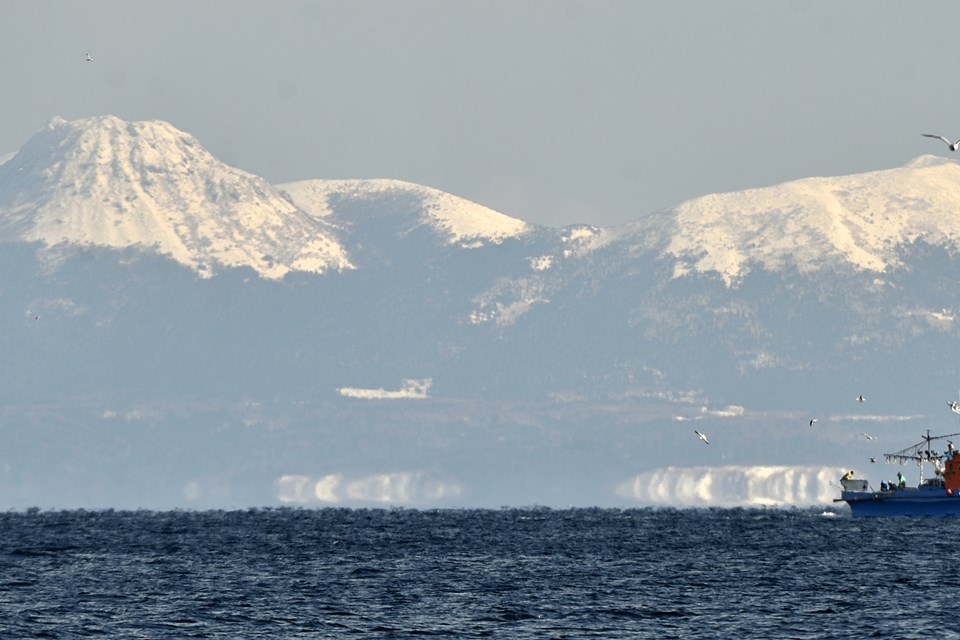Offshore wind and industry - mutually beneficial co-existence is possible
As offshore wind moves into new markets and territories, the ability to co-exist with other industries will continue to be key to a smooth development process. Engaging with key stakeholders to agree mutually beneficial outcomes when it comes to sharing our oceans is essential.
A meeting of minds
In many territories the interaction between fisheries and offshore renewable energy projects can be quite a challenge, especially as this industry moves further offshore and towards floating foundation technology - where mooring lines and other infrastructure in the water column can further reduce the seabed and water column available for deploying fishing gear. Fisheries often have significant influence on project outcomes and should therefore be considered a key stakeholder when seeking project approvals, particularly across Asia. Developing a protocol for co-existence with the fishing industry should be a high priority early in the project development process.
Most offshore wind projects will interact with the fishing industry in some form - understanding potential spatial overlap, and the likely impacts to their target fish species, and therefore their livelihoods, is key to identifying the best way to co-exist so that both parties interests are protected. Mutually beneficial co-existence and shared understanding is essential at an early stage to minimise risk to both parties. This is of utmost importance in countries where the fishing industry has significant influence on the permitting process.
A few lessons learned
Review of mitigation, compensation and livelihood enhancement examples applied in mature markets allows strategies to be developed to facilitate engagement with industry early in the development lifecycle - to explore potential, workable options for co-existence. Engaging with industry ensures any concerns they may have are acknowledged and they can input to the recommended measures for consideration by the developer. Working through this process can help to avoid lengthy compensation discussions which can potentially delay development, or worse, result in serious opposition from industry and the general public. In the context of the fishing industry, this is especially important in new territories where their influence is high, and they have little experience and knowledge/understanding of the offshore wind industry.
Our experience of the UK offshore wind industry clearly demonstrates that co-existence is possible through the development of several livelihood enhancement and community funded activities, which when employed effectively, minimise disruption or potential impact. When delivering projects in the developing markets of Asia Pacific and the Americas, this knowledge and understanding enables us to apply the learnings early in the permitting process, dramatically de-risking project development.
For more information on how we can support you to develop workable solutions with industry, please get in touch.

Related project

